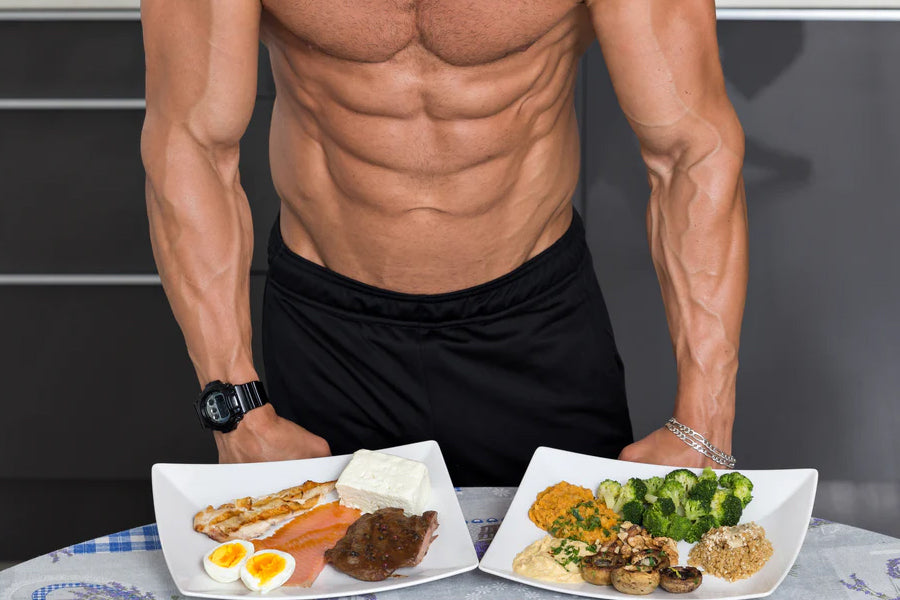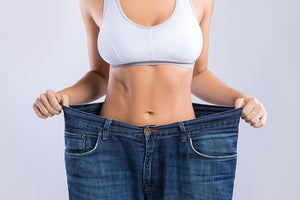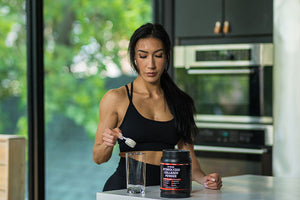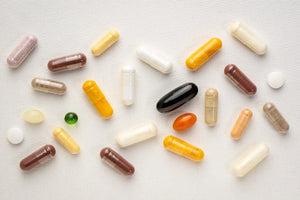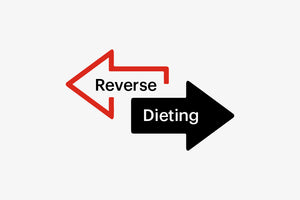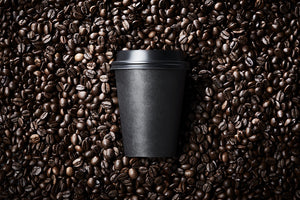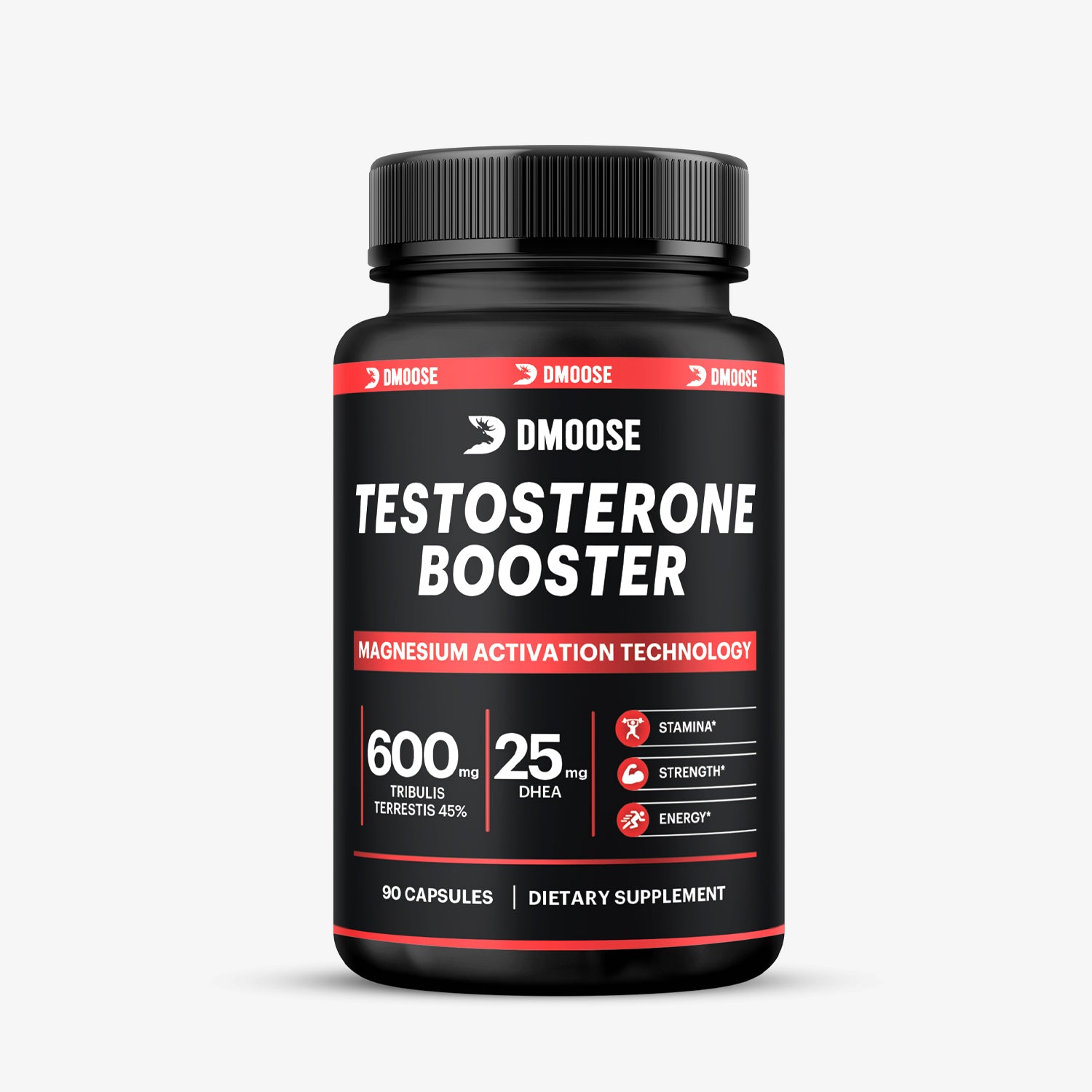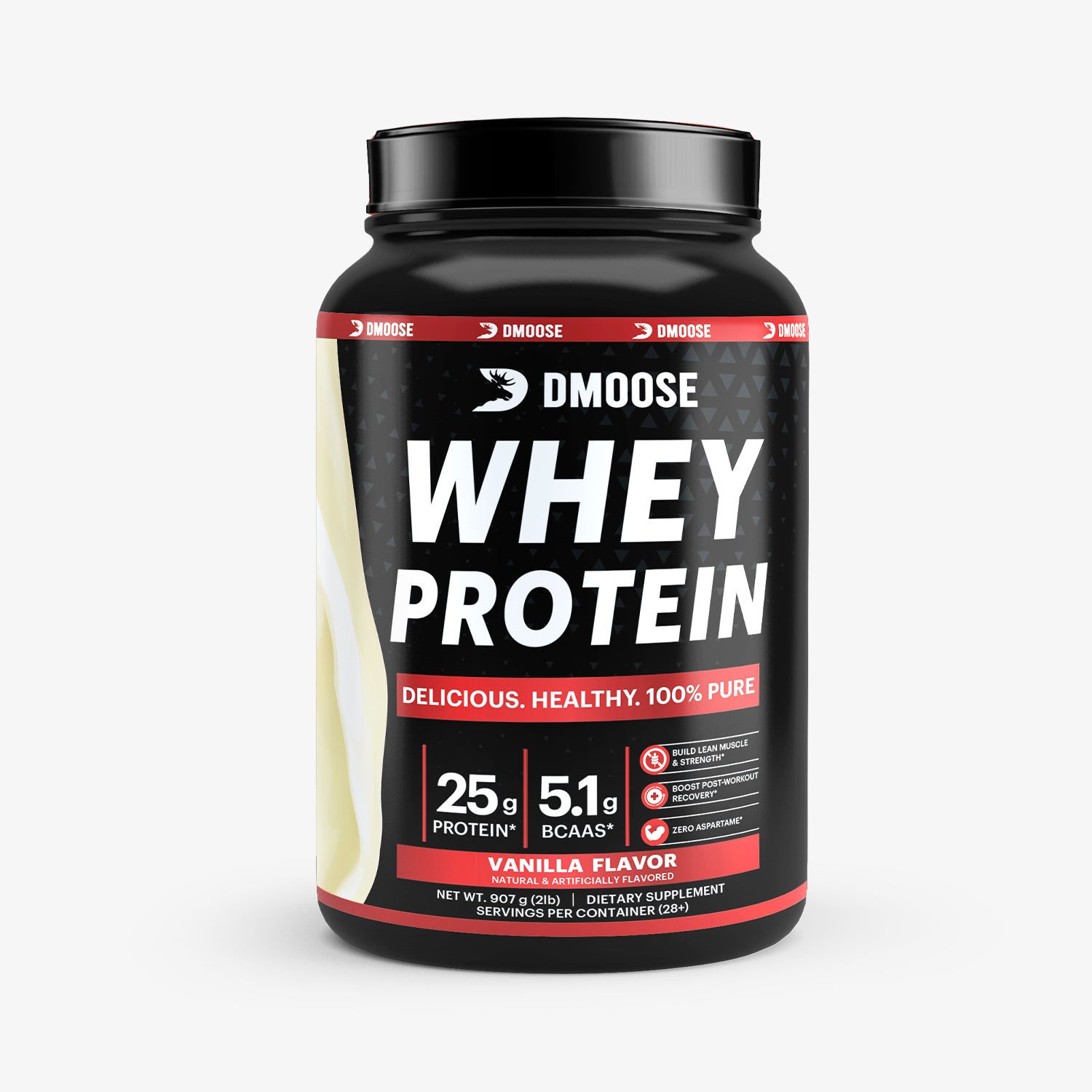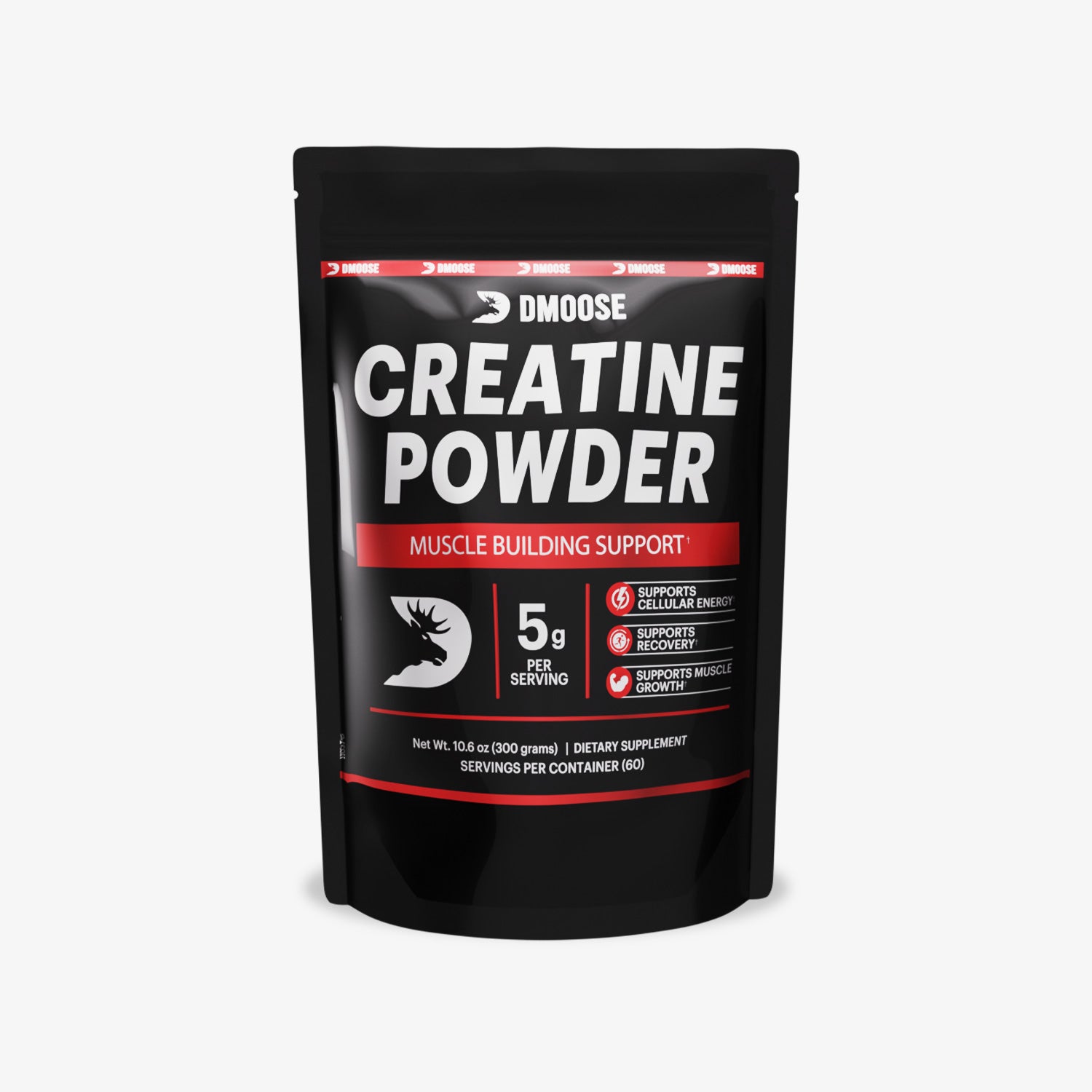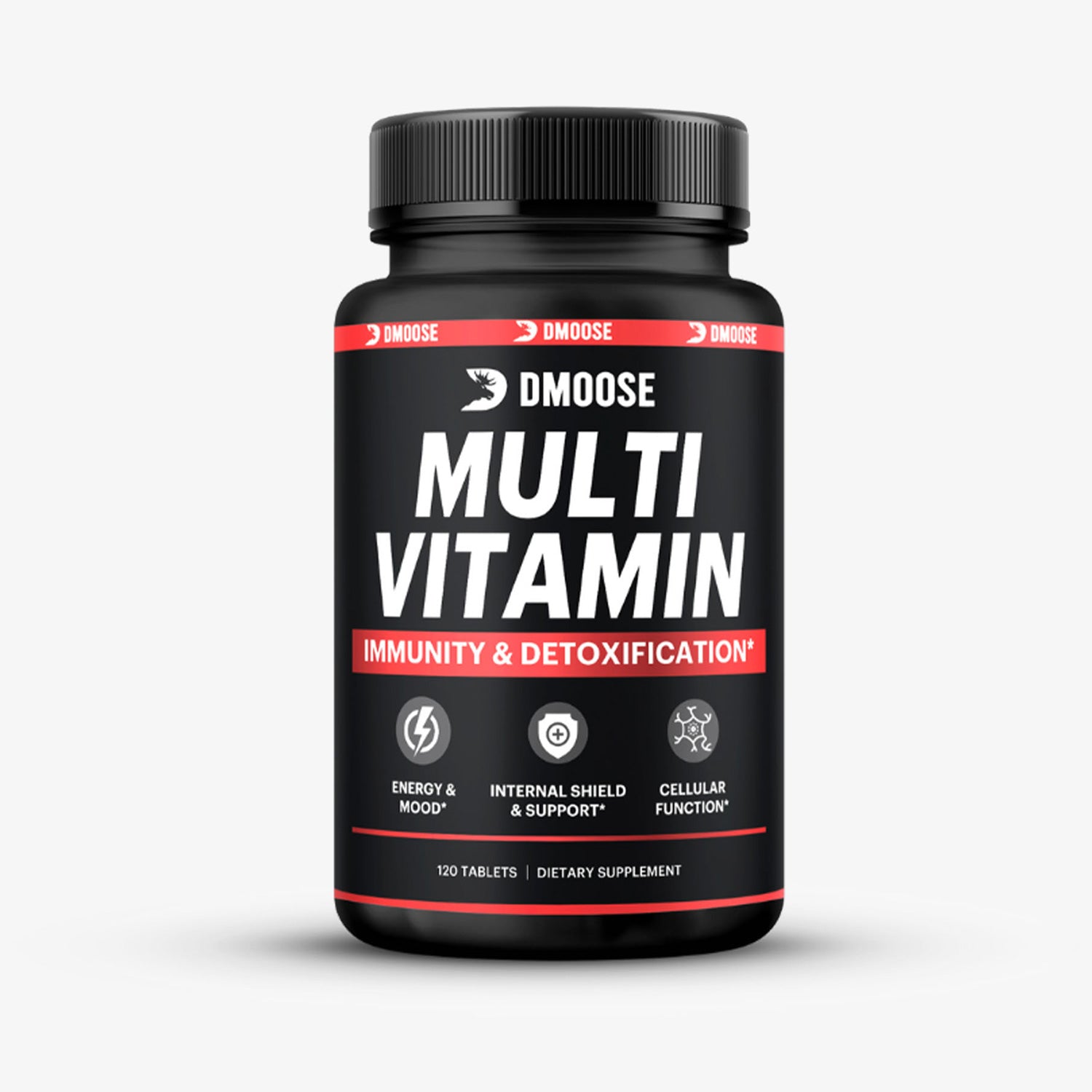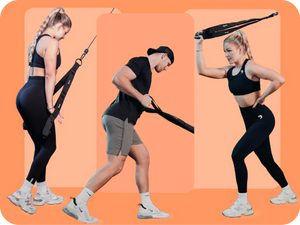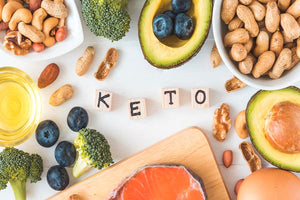Who does not want muscles? In fact, building bigger muscles is more than just a way to show off; it can lead to improved health, enhanced appearance, and increased confidence.
There are many ways to build muscles, but whatever the method, diet has always been a crucial factor in building muscles. As you know that your muscles are made up of proteins, so adding protein to your diet to build muscles makes sense too.
So whether you are a fitness enthusiast, model, or working professional, building stronger muscles through diet can be beneficial for everyone. Plus, depending on how far you take it depending on your body's requirements, you can modify your diet plan to meet your own personal goals.
Building muscles takes more than sweat. Let’s read more to ensure you're fueling your gains with some great fuel.
How Much Protein Should You Consume?
When it comes to building muscle, as mentioned earlier, protein is your best friend. But the question arises how much protein do you need to build muscles? That will depend on your age, gender, and goals. Of course, there's more to consider when considering an optimal intake.
The recommended dietary allowance (RDA) for protein suggests that your protein must account for 10% to 35% of your total calories. So, if your daily calorie requirement is 2000, you'll need 200-700 calories from protein, which is 50-175 grams.
However, for an average sedentary adult, the recommended dietary allowance to prevent deficiency is 0.8 grams per kilogram of body weight.
TRENDING ARTICLES
Ready to take your fitness journey one step further? It is the perfect opportunity to zero in on just how much protein you need based on your individual needs. But remember - no two bodies are alike! You'll want to ensure that these estimates match up with your age and activity levels. Be sure to always consult with your dietician or health care practitioner before implementing a new diet.
Recent Research on Protein Intake & Muscle Mass
Muscle building regulates two fundamental muscular processes—-muscle protein synthesis (MPS) and breakdown (MPB). Who knew that fitness could be so scientific?
In this section, we will examine how dietary protein can help with muscle protein remodeling, post-exercise muscle protein synthesis, and, ultimately, hypertrophy.
To better understand this concept, a recent systematic review and meta-analysis of the data from 105 randomized controlled trials with over 5400 participants show that increasing your current protein intake by 0.1 grams /kg/day for several months in a range of protein doses ranging from 0.5 to 3.5 grams /kg/day can increase your lean body mass.
Not surprisingly, a study from 2019 on field athletes compares dietary protein for training adaptation and body composition manipulation. The evidence of this study gives good news for athletes. So if you are an athlete and want to gain muscles, your protein consumption should be 0.3 to 0.4 grams/kg of body mass per meal per day.
Research from 2019 declares that the net gain in body muscles occurs when there is a net increase in muscle protein breakdown (MPB) compared to muscle protein synthesis (MPS). The astonishing fact that this research reported is that irrespective of age or gender, the daily protein intake recommendation is 2.3-3.1 grams /kg/day.
A dose-response meta-analysis of different randomized controlled trials is conducted in 2022. It is found that if you add resistance training and protein consumption, your muscle mass can grow massively.
So, eating 1.5 grams of protein per kilogram of body weight, or 0.7 grams of protein per pound, is sufficient to build muscles.
A cross-sectional study of over 400 healthy college graduates indicates that eating more protein than 0.24 grams /kg body weight of protein over three meals is critical for maintaining muscle mass in healthy young adults under free-living conditions, regardless of other tenable factors like sex, physical activity, and total energy intake.
In other words, if your total protein intake meets the recommended dietary allowance (RDA) but your protein intake over three meals (breakfast, lunch, and dinner) is insufficient, your muscle mass may suffer. So it would help if you prioritize the protein intake at each meal for muscle mass regulation.
This evidence is sufficient to guide your daily protein requirement as per your age, gender, and needs. Now the question is how to count your macros. Here is a quick hack; the following recommendation is extracted for you using the protein intake for muscle gain calculator.
- For an underweight male adult, about 2 grams/kilogram of body weight protein is required for building muscles.
- For an underweight female adult, the recommended dose is 1.8 grams/kilogram.
- If you are a healthy male adult, your recommended dose for protein is 1.4 grams/kilogram.
- For a healthy female adult, the recommended protein dose is 1.2 grams/kilogram.
- If you are overweight or obese, then 1.2 grams/kilogram of protein is required to build your muscles.
- For overweight or obese females, the recommendation of protein is 1 gram/kilogram of her body weight.
So, with muscle-building capabilities and an energy boost, it is easy to see why getting your recommended daily value might give you the edge over any obstacles life throws at you!
Related Article: Plant-Based Protein Vs. Whey Protein: Which Should You Choose?
Symptoms & Dangers of Inadequate Protein Intake
Coming towards the potential hazards, you can face due to insufficient protein. You may be asking for serious trouble without the proper protein in your diet. Low levels can lead to lethargy and dizziness, which can dampen even the most exciting day!
Need help staying focused? Feeling weak and sore all the time? A study claims that these symptoms could indicate an inadequate protein intake, leading to severe consequences for your body—from stunted growth in children and increased risk of fractures in adults which could lead to permanent damage!
Protein isn't just an essential element of a balanced diet—your immune system needs to fight infection. When you don't get enough protein, you become more vulnerable, increasing the risk of contracting potentially severe viruses and bacteria. If symptoms persist despite dietary changes, consult with a doctor or nutritionist immediately—no need to take any chances here!
Symptoms & Dangers of Consuming Excessive Protein
Don't be fooled by all those "high-protein diets" out there! Protein overload is a delicious phrase that should make your stomach churn! While a diet rich in protein is always beneficial, it can have some short term effects of eating in excess.
In the short term, you can experience nausea, bloating, and diarrhea as excessive consumption can mess with your acid/alkaline balance. So be sure to maintain moderation when consuming proteins. Remember quality and quantity for optimal health benefits. Be sure your body is getting everything it needs for optimum health.
Best Protein Sources
There is plenty of variety regarding packing in protein. So, you can fuel your body with some top-notch proteins for optimal health! From eggs to lentils, there is plenty of variety when it comes to packing in the protein.
A study suggests that adding protein sources to your diet can benefit your health. So make sure that tuna, chicken, beef and tofu are staples in your diet. You can also treat yourself to an energy boosting snack like nuts & seeds or Greek yogurt. If grains are more up your alley then quinoa and beans have got you covered too!
Moreover, choosing supplements like whey protein powder, multi-vitamin, and creatine powder can help you go along, but again a gentle reminder; balance between quality & quantity when consuming proteins must be maintained. So get up and fuel your body with some top-notch proteins for optimal health!
Related Article: 10 Muscle-Building Meals That You Can Eat Before Bed
FAQs
1. Is 200g of protein per day sufficient to build muscle?
Yes, 200g of protein per day can build muscle mass. Protein contains the amino acids needed to form new proteins. Therefore, athletes and bodybuilders need to get enough protein in their diets. According to a study, 200g of protein per day is enough for most adults who want to increase their lean body mass.
2. What exactly is protein overdose?
Protein overdose, sometimes referred to as protein toxicity, is an excessive dietary protein intake. When your body takes in more protein than it can use or process, the excess is converted into waste products and/or stored in fat cells throughout the body.
3. What are the symptoms of having too much protein?
Intestinal discomfort and indigestion are symptoms of overeating protein, besides that dehydration, unexplained exhaustion, nausea, irritability, headache, and diarrhea.
4. What happens to protein when you don't work out?
Because protein contains calories, so if you don’t workout after consuming proteins then it can be stored as fat. It is better to have a proper workout after consuming proteins.
Conclusion
Since protein intake is essential for building muscle, this article answers your question about how much protein you need per kg to build muscles. About 1.6-2.2 grams of proteins per kilogram of body weight can take care of the problem!
As you can witness now, scientific evidence suggests that increasing protein intake can improve lean body mass gains significantly, irrespective of age and gender. Make sure that moderation is the key when it comes to protein consumption.
Inadequate protein intake can cause lethargy & dizziness and can have serious consequences such as stunted growth or permanent damage if not addressed quickly enough; on the other hand, excessive consumption can lead to nausea, bloating, diarrhea, or even kidney damage over time!
Reading List
Article Sources
- Nunes, Everson A., et al. “Systematic Review and Meta‐analysis of Protein Intake to Support Muscle Mass and Function in Healthy Adults.” Journal of Cachexia, Sarcopenia and Muscle, vol. 13, no. 2, Apr. 2022, pp. 795–810. DOI.org (Crossref), https://doi.org/10.1002/jcsm.12922.
- Witard, Oliver C., et al. “Dietary Protein for Training Adaptation and Body Composition Manipulation in Track and Field Athletes.” International Journal of Sport Nutrition and Exercise Metabolism, vol. 29, no. 2, Mar. 2019, pp. 165–74. journals.humankinetics.com, https://doi.org/10.1123/ijsnem.2018-0267.
- Stokes, Tanner, et al. “Recent Perspectives Regarding the Role of Dietary Protein for the Promotion of Muscle Hypertrophy with Resistance Exercise Training.” Nutrients, vol. 10, no. 2, Feb. 2018, p. 180. PubMed Central, https://doi.org/10.3390/nu10020180.
- Tagawa, Ryoichi, et al. “Synergistic Effect of Increased Total Protein Intake and Strength Training on Muscle Strength: A Dose-Response Meta-Analysis of Randomized Controlled Trials.” Sports Medicine - Open, vol. 8, no. 1, Sept. 2022, p. 110. BioMed Central, https://doi.org/10.1186/s40798-022-00508-w.
- Yasuda, Jun, et al. “Association of Protein Intake in Three Meals with Muscle Mass in Healthy Young Subjects: A Cross-Sectional Study.” Nutrients, vol. 11, no. 3, Mar. 2019, p. 612. www.mdpi.com, https://doi.org/10.3390/nu11030612.
- Schwantje, Marit, et al. “Thermo‐sensitive Mitochondrial Trifunctional Protein Deficiency Presenting with Episodic Myopathy.” Journal of Inherited Metabolic Disease, vol. 45, no. 4, July 2022, pp. 819–31. DOI.org (Crossref), https://doi.org/10.1002/jimd.12503.
- Zoja, Carla, et al. “Protein Overload Activates Proximal Tubular Cells to Release Vasoactive and Inflammatory Mediators.” Nephron Experimental Nephrology, vol. 7, no. 5–6, 1999, pp. 420–28. www.karger.com, https://doi.org/10.1159/000020640.
- Hoffman, Jay R., and Michael J. Falvo. “Protein – Which Is Best?” Journal of Sports Science & Medicine, vol. 3, no. 3, Sept. 2004, pp. 118–30. PubMed Central, https://www.ncbi.nlm.nih.gov/pmc/articles/PMC3905294/.


